Playing Overwatch 2 friends is a more enjoyable experience, and Wide Matches allow players from all ranks to team up.
Wide Matches in Overwatch 2 let you group up with friends regardless of their rank, allowing more flexible team compositions and encouraging casual competitive play. While friends could always queue together in unranked matches, there used to be a rank restriction that prevented players with huge skill differences from joining a party together when they wanted to play competitive.
With Wide Matches, rank restrictions are gone and you can queue as a duo, trio, or even a five-stack with friends in any rank (except four-person groups for now). If you choose to play with a Wide Group, you’ll only be matched against other teams who also queued for Wide Matches. This tries to ensure a more balanced experience compared to a high-ranked player dominating a lower-ranked lobby situation, but the matchmaking system may not always deliver the best result.
The biggest difference in Wide Matches is that wins and losses will have a smaller effect on your Overwatch 2 rank. This is because the system acknowledges the inherent challenge of coordinating teams with a wider skill gap, and gives friends room to enjoy themselves without worrying too much about their ranks.
What are the downsides of Wide Matches in Overwatch 2?
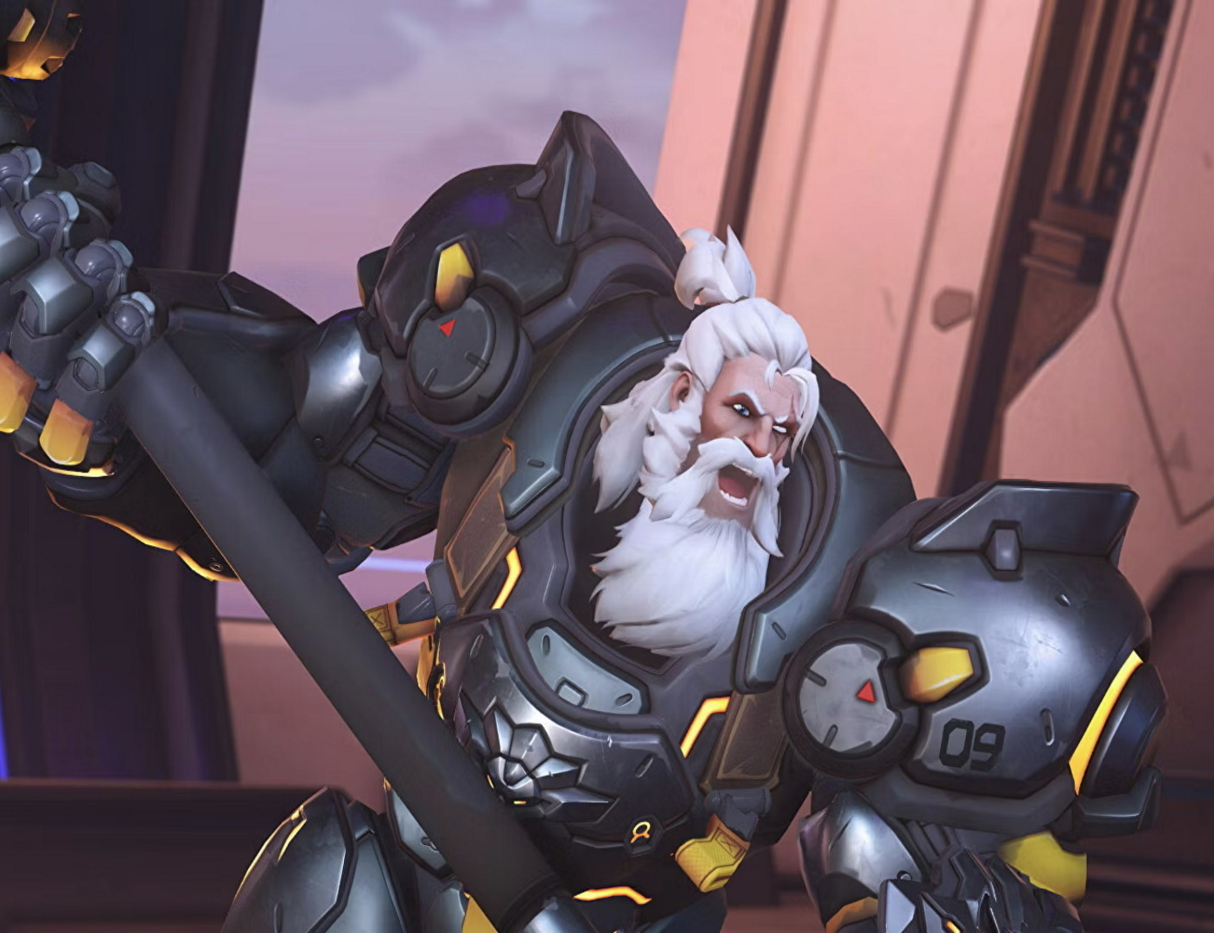
The biggest drawback of Wide Matches in Overwatch 2 is the longer queue times. Since the system prioritizes finding opponents with a similar rank spread within your group, the pool of potential matches is smaller, meaning you’ll have to wait longer to find a match.
Also, climbing the ranks will feel slower in Wide Matches since wins and losses have a lower impact on your rank points.
What are Narrow Matches in Overwatch 2?

Narrow Matches in Overwatch 2 represent the standard competitive experience before Season 10’s introduction of Wide Matches. They focus on stricter matchmaking based on rank for a more balanced and potentially faster-paced competitive experience.
Narrow Matches primarily consist of solo players queuing individually or teams where everyone’s rank falls within a narrow range (typically a few divisions.) The matchmaking system aims to match you against teams with a similar overall skill level compared to your group. This focus on balance provides a more traditional and fairer competitive experience. Overall, Narrow Matches also have a larger pool of players searching for games, so the queue times will also be noticeably shorter.


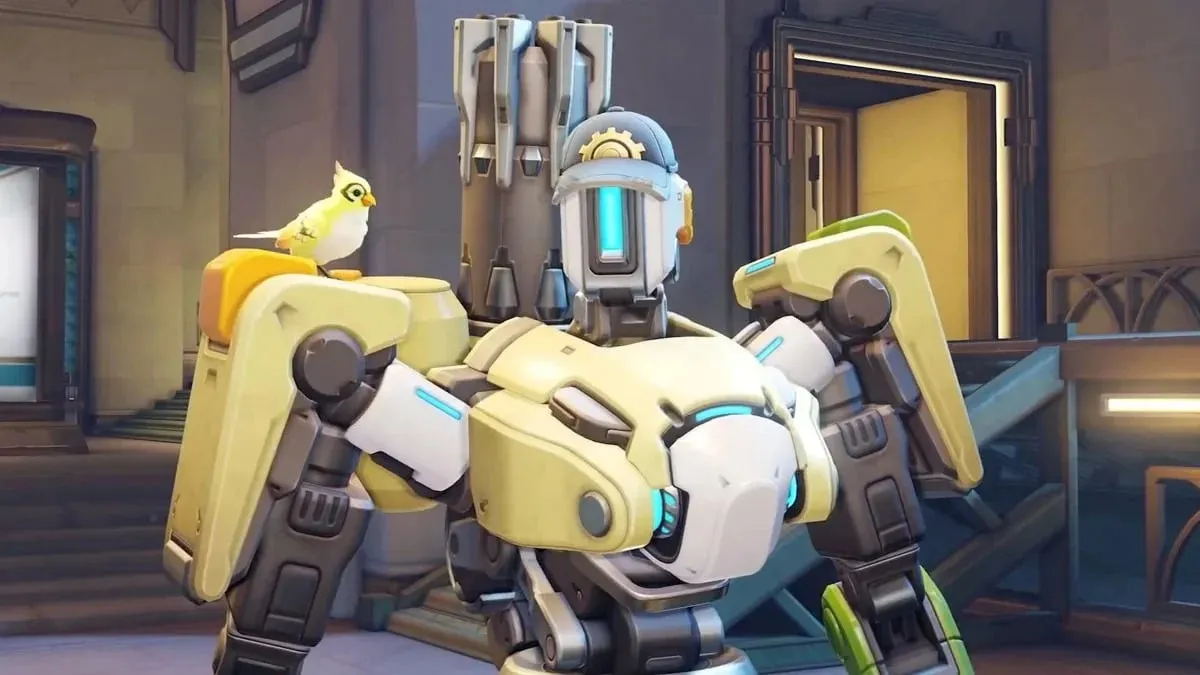
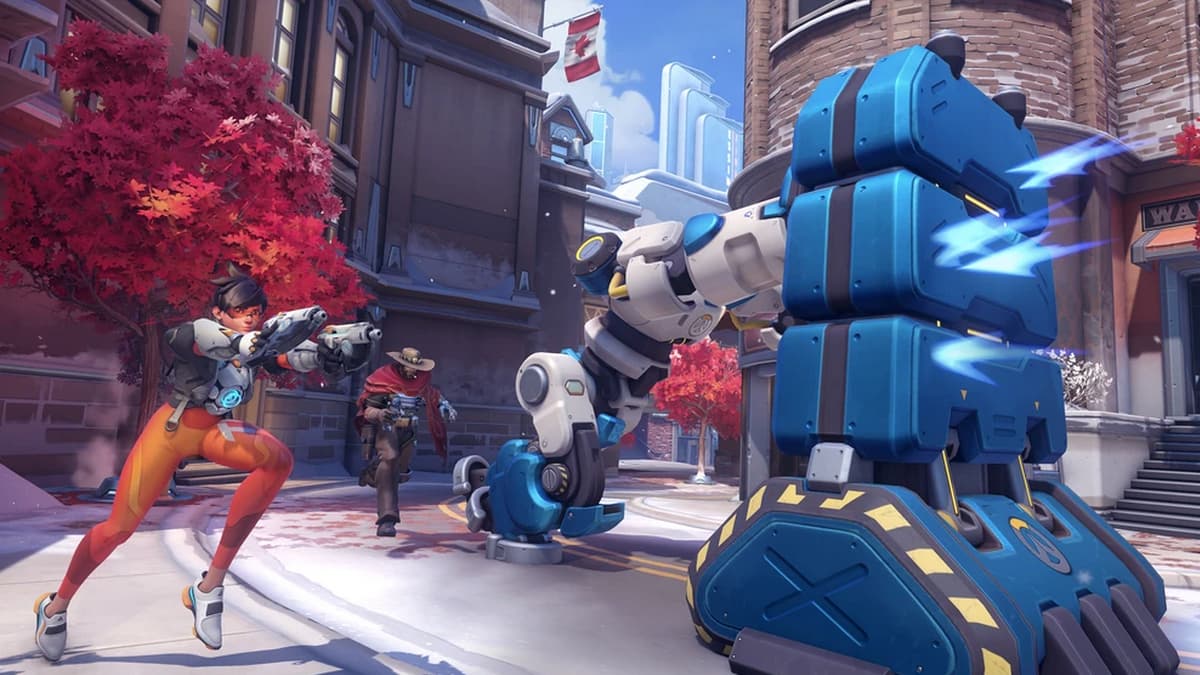
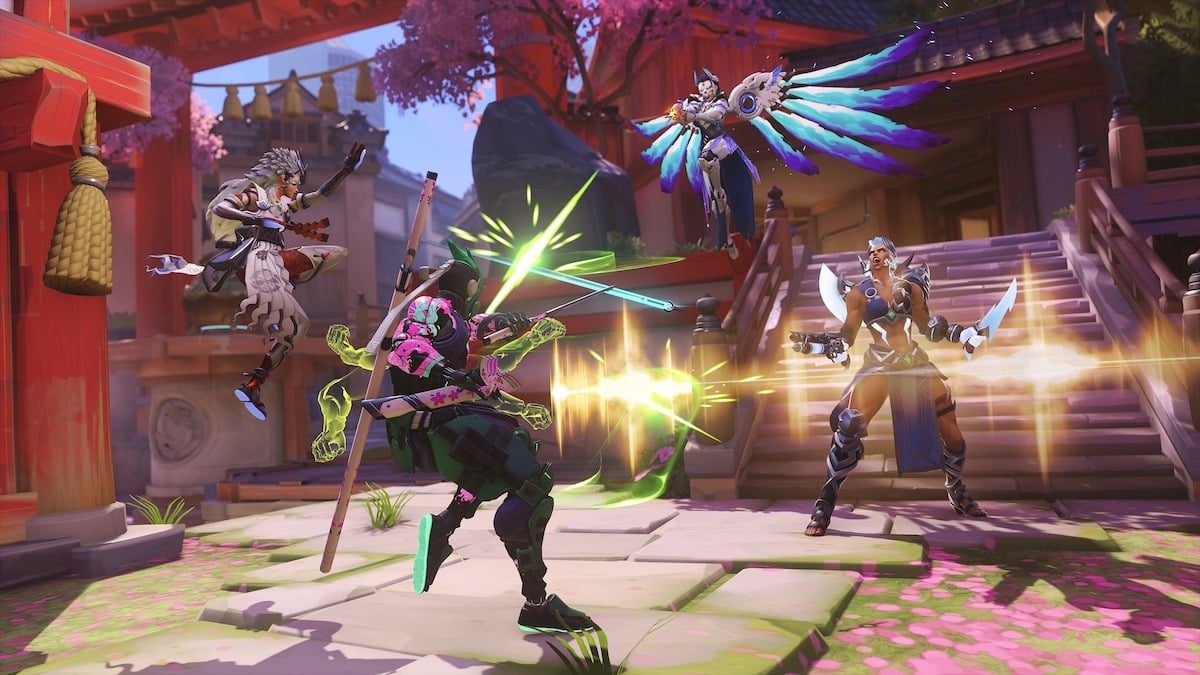
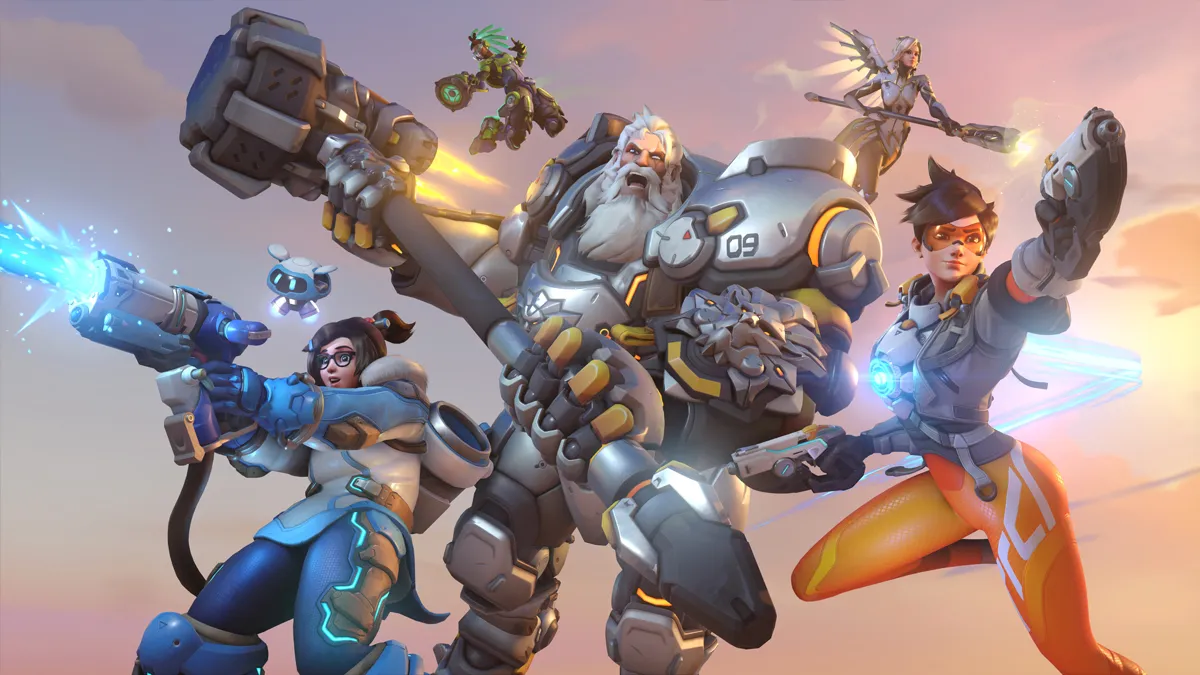

Published: Apr 29, 2024 11:45 am